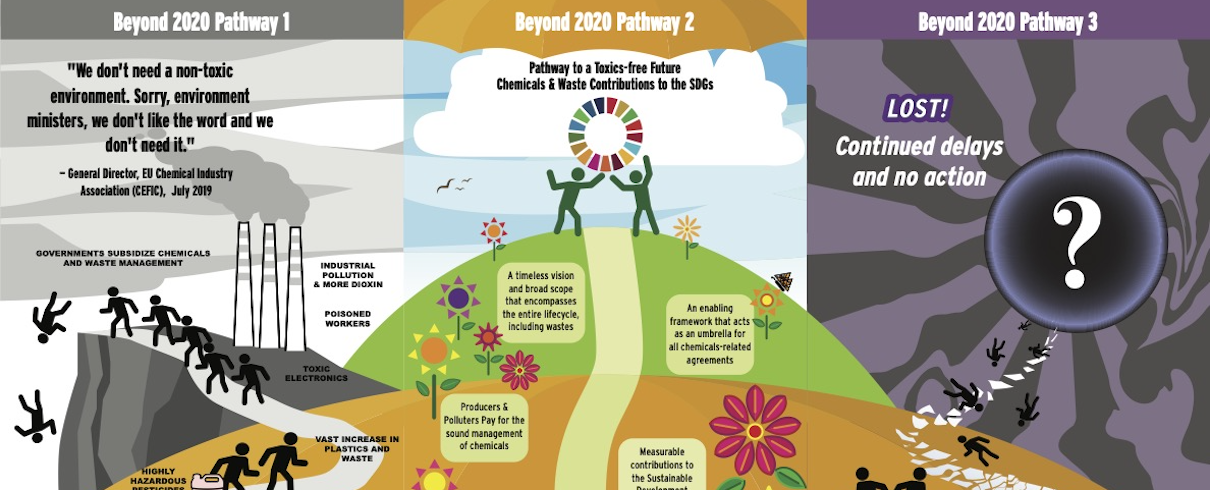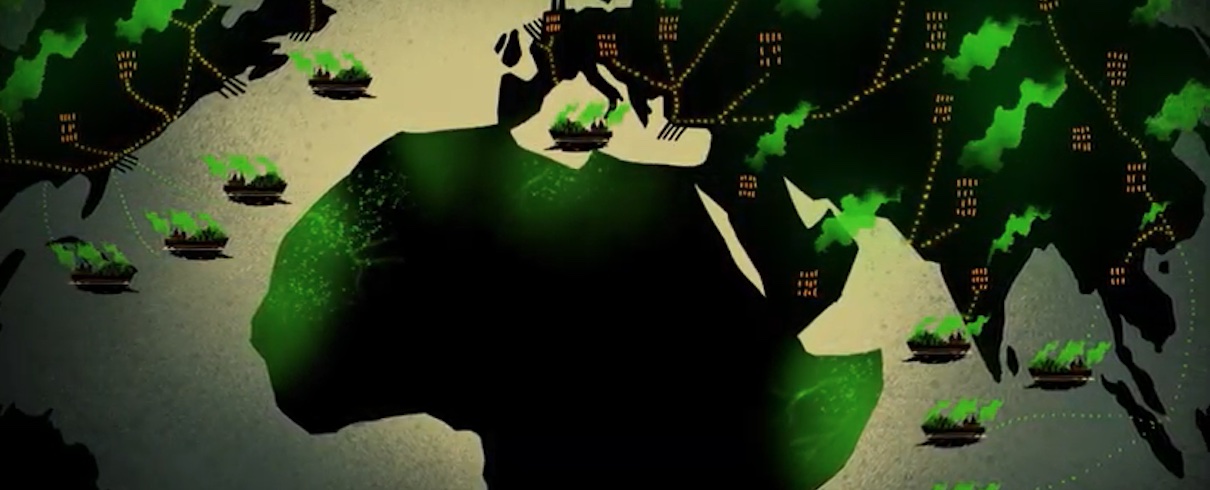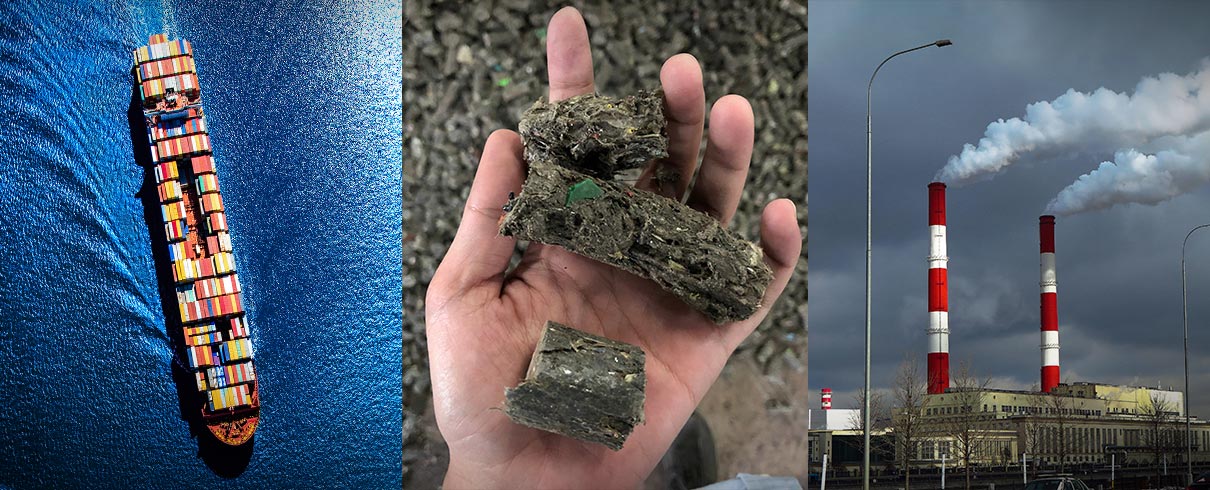Global Report Finds High Levels of Lead in Paint

A new 2013 report from IPEN and UNEP documents high levels of lead in paint in nine countries. IPEN Participating Organizations in Argentina, Azerbaijan, Chile, Ethiopia, Ghana, Ivory Coast, Kyrgyzstan, Tunisia, and Uruguay collected paint samples for total lead content testing. With the exception of ten samples from the Ivory Coast, all of the paints purchased and tested were enamel decorative paints. See the results in the Global Report Annex 1 (below).
The release of this report coincided with the International Lead Poisoning Prevention week of action, 20 - 26 October. Please read about IPEN activities during the week HERE.
Global Report: Lead in Enamel Decorative Paints
Executive Summary of the Report (in all six UN languages)
Annex 1: Country by Country Data
IPEN Press Release | UNEP Press Release










